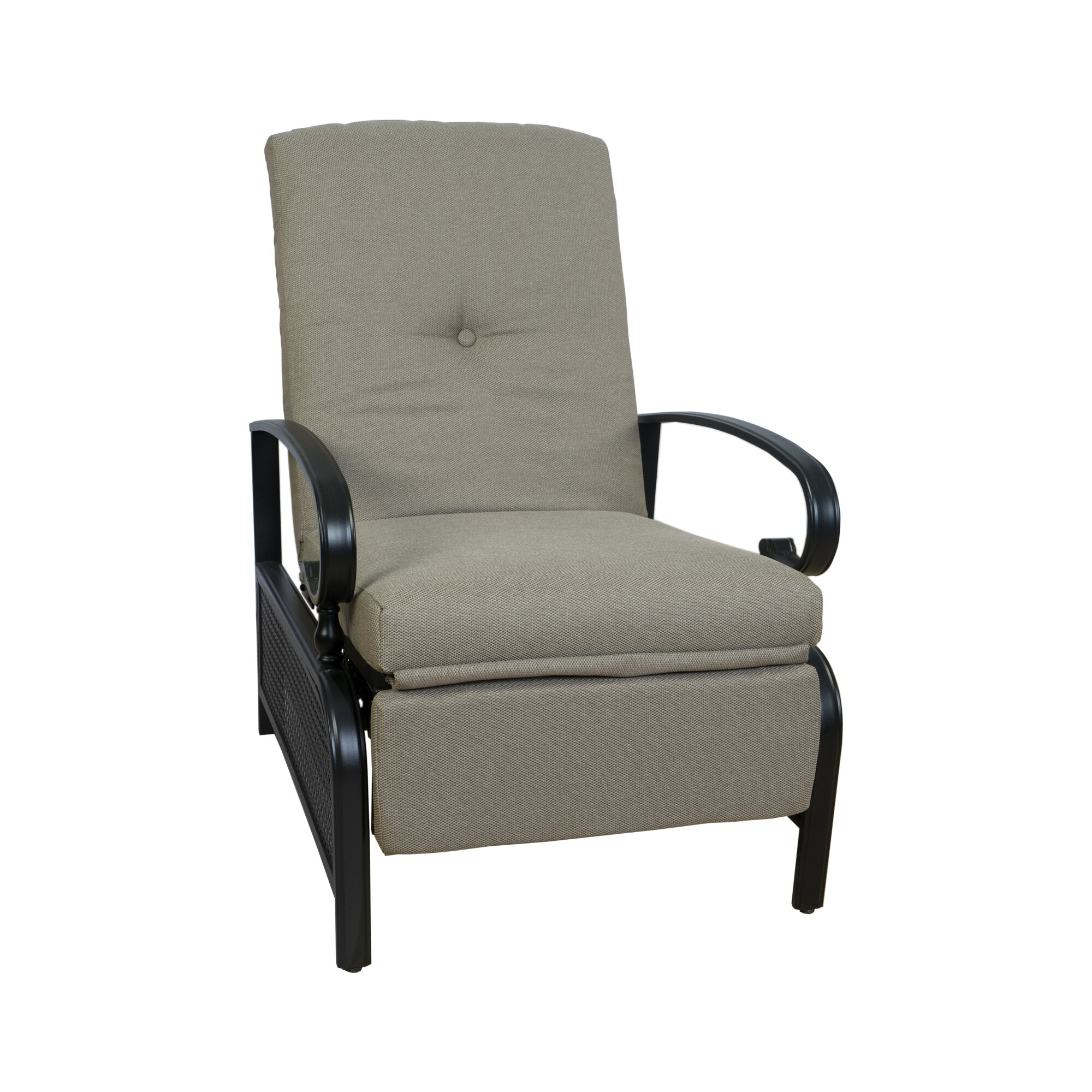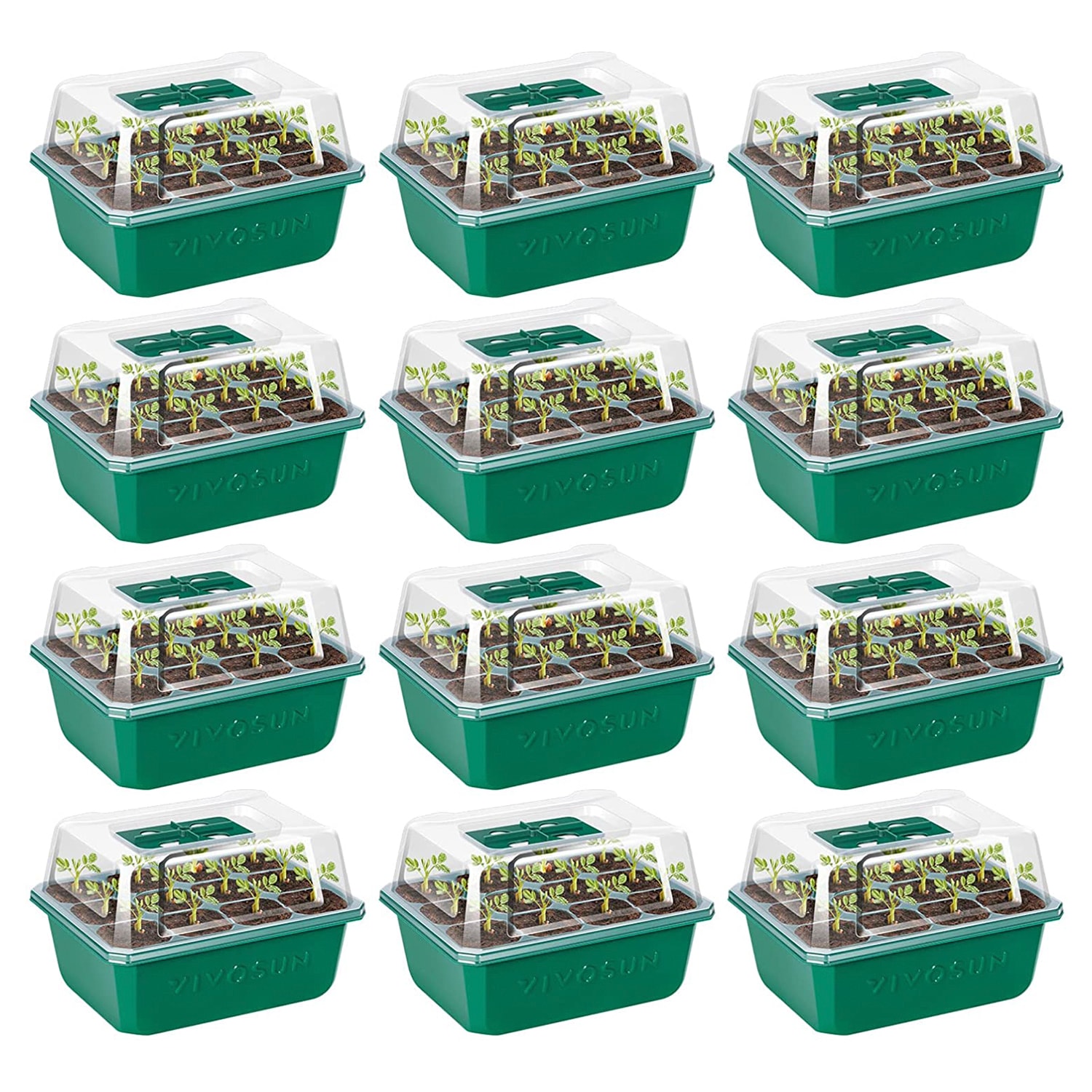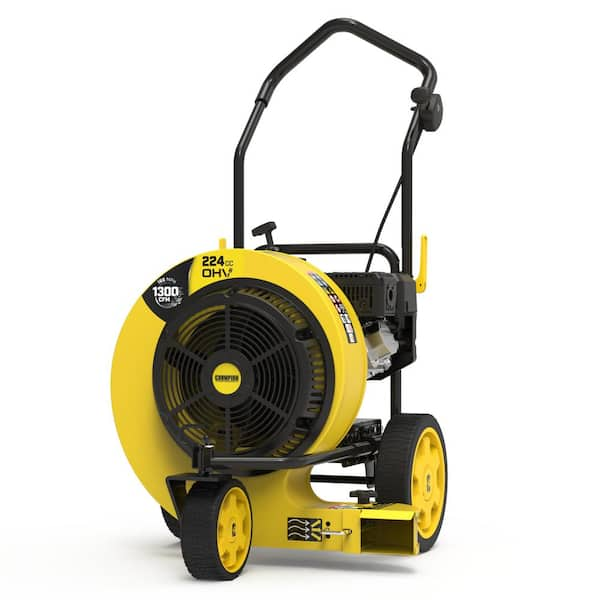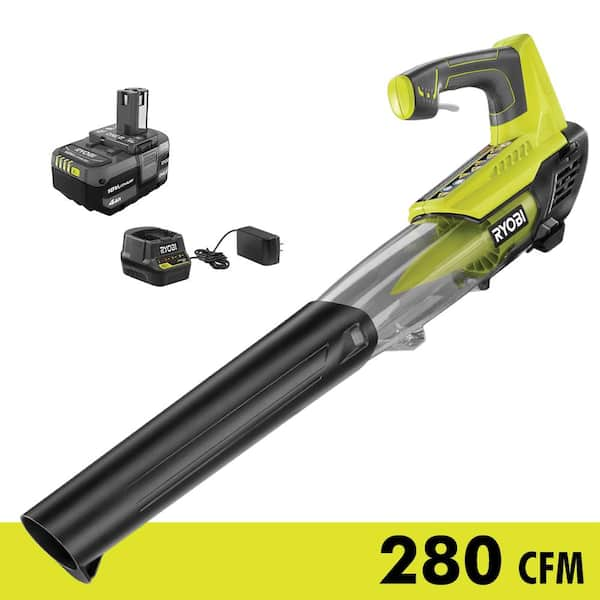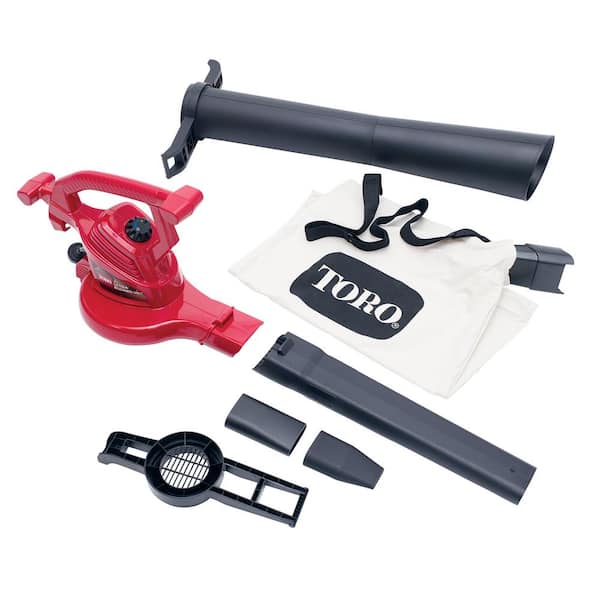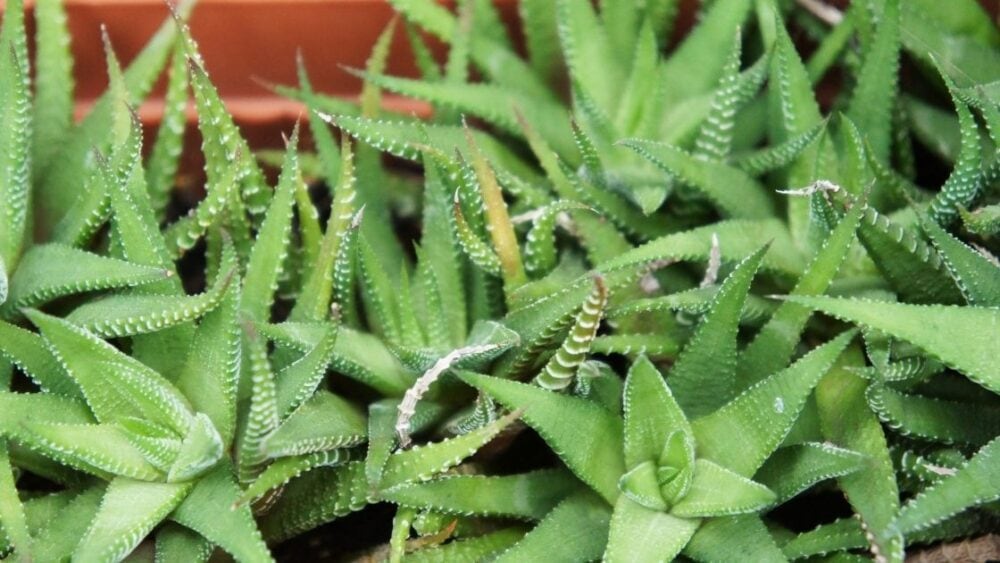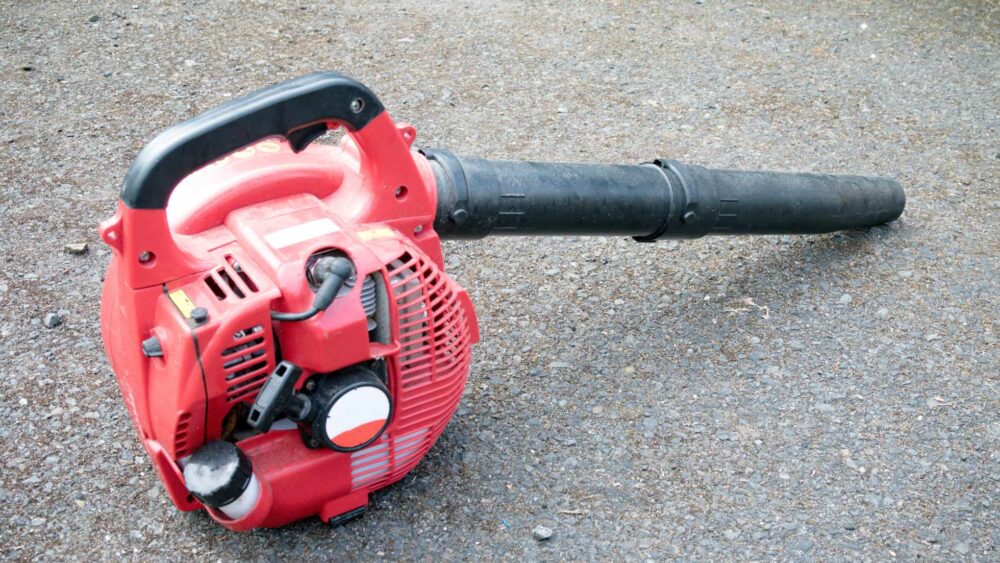
A leaf blower is a common tool that homeowners use to clean up their yards of leaves, twigs, and other debris. Many people consider purchasing leaf blowers to ease yard maintenance as autumn approaches. While they do make clean-up easier and faster, there are a few things to consider. In this article, we will examine different types of leaf blowers, pros and cons, and are they worth it.
What is a Leaf blower?
A leaf blower is a tool that uses air to remove leaves and debris from lawns, driveways, or other surfaces. It produces a powerful stream of air with the help of a gasoline or electric engine via a nozzle. Leaf blowers can be mounted on backpacks or handhelds to make leaf blowing more convenient. While there are other types of blowers such as a push and tow behind, they all perform the same basic function but differ in output strength.
For those that are wondering what a push and tow behind blower is:
Browse our Affiliate Products
- A push blower is a blower that generates a huge amount of blowing force that is located at the bottom of the blower. Normally they are used to clear dust and debris in and around parking lots and big areas and not typically used for small areas and residences.
- A tow behind blower is a blower that generates a huge amount of air by turbines that are normally used to clear dirt and debris from streets and long lengths of land. They are normally operated by a remote control that turns the air nozzle one direction to the other. Needless to say they are not meant for commercial purposes and not ideal for residential use.
To view our selection of affiliated blowers, check out our selection here: Blowers
Types of Leaf Blowers: Uses, Pros, and Cons
Leaf blowers mainly come in two types: gas-powered and electric-powered. Several subtypes fall under each type
Gas Leaf Blowers:
Gas blowers are highly mobile and deliver a long runtime. A two-cycle engine that runs on gasoline and oil is typically found in these machines.
Depending on the model, these machines can handle large areas – up to a quarter acre – and can be used frequently or for extended periods of time. They are usually started manually with a pull-start.
Due to their versatility and mobility, gas leaf blowers are popular among gardeners and landscapers. These devices do not require electricity and can be used anywhere. Gas leaf blowers have further subtypes.
Gas-Powered Leaf Blowers Subtypes
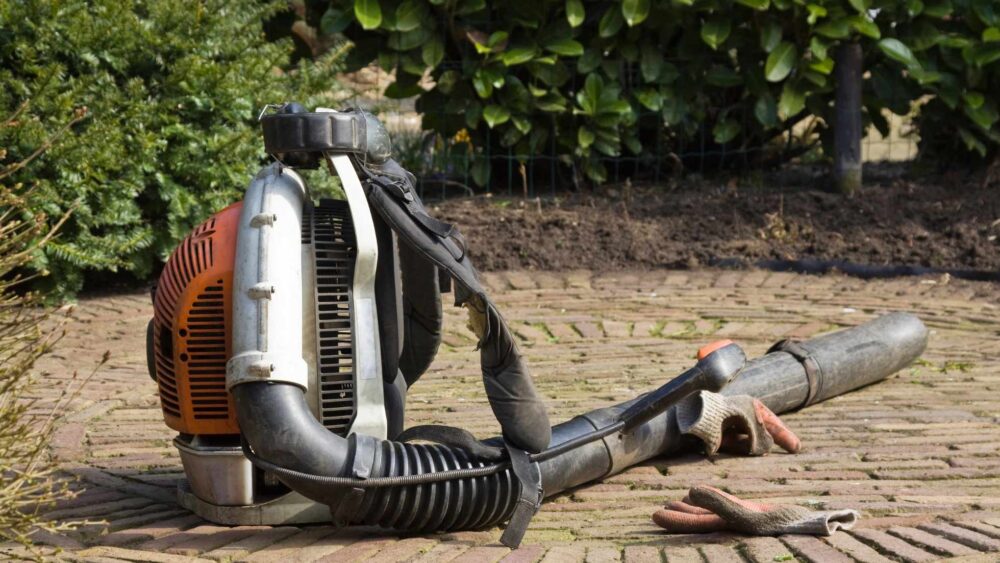
1. Backpack leaf blowers:
A leaf blower like this is a powerful device that you wear on your back, making it suitable for clearing large yards or commercial properties.
Suitable for: Large tree-filled gardens and small commercial projects
When to avoid: If your area prohibits petrol leaf blowers
The backpack leaf blower is less common among households except for those living in forest environments, but it is excellent for small landscaping and commercial gardens.
Pay attention to the fit of a backpack leafblower when choosing one. Your shoulder straps should be wide and proportionate to your frame if you want to avoid back pain.
Pros Of Backpack Leaf Blowers
- The durability of commercial grade
- Power and comfort combined
- Suitable for clearing larger debris
- Less fatigue in the arms
Cons Backpack Leaf Blowers
- Requires good fit
- Extremely loud
2. Handheld leaf blowers:
A handheld leaf blower is a small, portable leaf blower that is easy to carry. These are ideal for clearing debris from smaller yards and hard-to-reach locations.
Suitable for: Small, medium, and extensive back gardens
When to avoid: If you have lifting issues or you need to lift heavy items
This type of leaf blower is best if you have a small property. The majority of them are compact, easy to store and come with numerous optional accessories.
It is a handheld device, so you should pay attention to its weight, grip comfort, and vibration level. The chances of getting arm fatigue are still high; however, ergonomically designed workstations delay its onset.
Pros Of Handheld Leaf Blowers
- Generally light in weight
- A wide variety of models are available
- A greater degree of maneuverability
- Easily storable
Cons Of Handheld Leaf Blowers
- Fatigues the arms
- A wide selection makes it difficult to choose
For those that are maintenance orientated, check out these article:
- What Can Possibly Happen if you don’t Cut Your Grass?
- How to Find a Walk Behind Mower that’s Right for you
- What Tools Should a Beginner Gardener Have?
Electric Leaf Blowers:
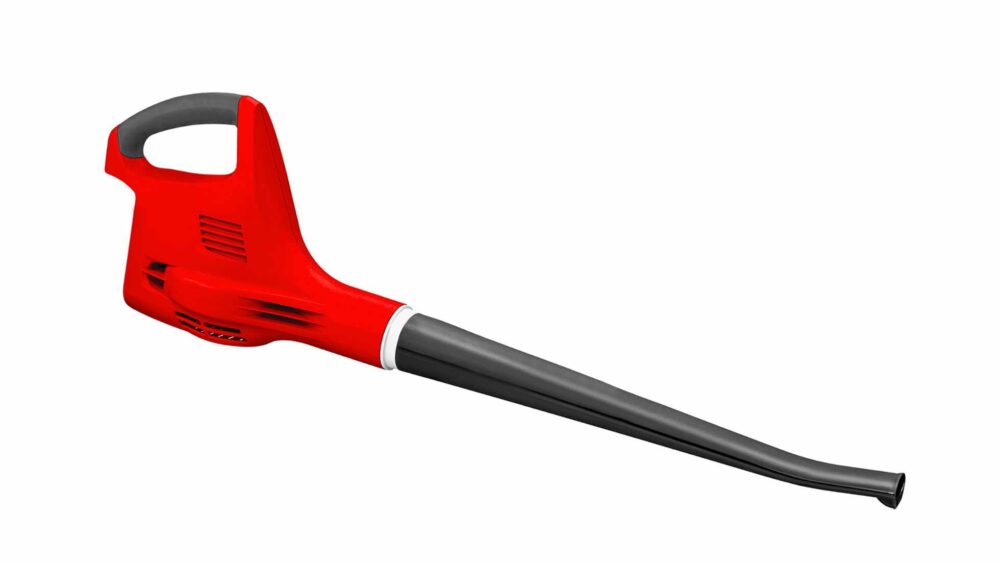
Electric leaf blowers are low-maintenance machines. You won’t have to dispose of used oil because it doesn’t use gas or engine oil. They are lighter and quieter than gasoline-powered models.
The small leaf blower and sweeper can easily handle driveways, decks, and patios. Larger electric models can handle yards up to a quarter acre.
An electric leaf blower has further subtypes:
Electric-Powered Leaf Blowers Subtypes
1. Corded electric leaf blowers:
These devices must be plugged into an electrical outlet to operate. Their power is not as great as gas-powered leaf blowers, but they are quieter and less harmful to the environment.
You can use a corded leaf blower without having to worry about batteries. Even though it doesn’t need recharging, you’ll need an outdoor extension cord.
Suitable for: Gardens with limited space and situations requiring minimum weight
When to avoid: When you need to reach further, and obstacles stand in your way
Despite being the smallest and least expensive electric blower, corded electric blowers are only suitable for smaller gardens due to their corded attachment. It is, therefore, essential to consider the length of the power cord before purchasing.
They are also excellent for smaller jobs, such as trimming trees near flower beds or trimming awkward shapes and corners, because they are not too powerful. A corded leaf blower is an excellent option if there are a few autumn leaves and you’re on a budget.
Pros Of Corded Electric Models
- Runtime without limit
- Lightweight models
- In general, very affordable
- No fumes or loud noises
- Almost no maintenance is required
Cons Of Corded Electric Models
- You are limited in your movement
- It is not suitable for medium to large-sized gardens
2. Cordless electric leaf blowers:
Battery leaf blowers are also known as cordless leaf blowers or simply battery blowers.Rechargeable batteries make these portable and ideal for small yards. You can move around easily with the battery power.
Suitable for: Garden areas of small to medium size, as well as multi-purpose uses
When to avoid: If the battery life is short, it’s inconvenient
A battery leaf blower with a high-voltage battery will provide longer runtime. To always have a fully-charged battery available, you should keep a spare battery depending on the size of your yard. You can get a powerful leaf blower with a backpack design that’s easier to manage than a handheld battery leaf blower.
Despite the limited battery life and power, cordless electric leaf blowers are still worth considering. They are safer, quieter, and more eco-friendly than gasoline-powered models.
Additionally, many cordless electric blowers can double-duty as leaf vacuums and mulchers. In other words, you’re getting your money’s worth while saving storage space.
Pros Of Cordless Battery Leaf Blowers
- A good choice for most households
- Interchangeable batteries can save you money
- It requires almost no maintenance
- Some models come with multifunctional features
Cons Of Cordless Battery Leaf Blowers
- It isn’t the most powerful
- Performance is difficult to assess
Do You Really Need a Leaf Blower?
If you have a small yard with only a few trees, a rake may be sufficient to clear leaves and debris. However, if you have a large yard with several trees, a leaf blower can save you a lot of time and energy compared to using a rake.
Advantages of Leaf Blowers
A leaf blower’s greatest advantage is its quick clearing of large areas. In a few minutes, you can cover a lot of ground efficiently with a leaf blower, making yard maintenance much easier. Moreover, leaf blowers are much easier on your back and arms than rakes, which are physically demanding, especially for people with limited mobility.
Furthermore, leaf blowers are versatile, with many models offering varying speeds and power levels. For example, a low-speed model can blow leaves into a pile, while a high-speed model can clear debris from hard-to-reach spots.
Disadvantages of Leaf Blowers
The noise level of leaf blowers is one of their main disadvantages. Many leaf blowers emit an unpleasant, high-pitched noise that is particularly disturbing to residents. In addition, leaf blowers can generate a lot of dust, which can be a problem for allergy sufferers or those who suffer from respiratory problems.
Environmental impacts are another potential disadvantage of leaf blowers. A gas-powered leaf blower emits carbon monoxide, nitrogen oxides, and other pollutants into the air. Despite being a cleaner option than gas leaf blowers, electric leaf blowers still use power plants, which emit greenhouse gases.
Which Leaf Blower is More Efficient: Gas or Electric?
Electric and gas-powered leaf blowers each have their advantages and disadvantages, so the choice ultimately comes down to personal preference.
Gas-powered leaf blowers are more powerful and can quickly cover larger areas than electric models. However, they are also louder and heavier. They also require regular maintenance, including oil changes and spark plugs. Additionally, they can be difficult to start, especially in cold weather and can produce a lot of smoke if the 2-cycle mixture is wrong.
In contrast, electric leaf blowers require less maintenance and are quieter. Furthermore, they are more environmentally friendly than gas-powered models. However, their power and battery life may not allow them to handle large yards. Regardless, whichever model you chose, always read the manufactures labelings for precautions and always wear your personal protection equipment.
Final Thoughts
A leaf blower is a helpful tool for keeping a yard clean and tidy, but it also has some disadvantages. Consider your yard size, debris type, and personal preferences when deciding whether a leaf blower is worth it. When choosing a leaf blower, consider its pros and cons.
To avoid potential harm to yourself or others, use your leaf blower responsibly, whether it is gas-powered or electric.
